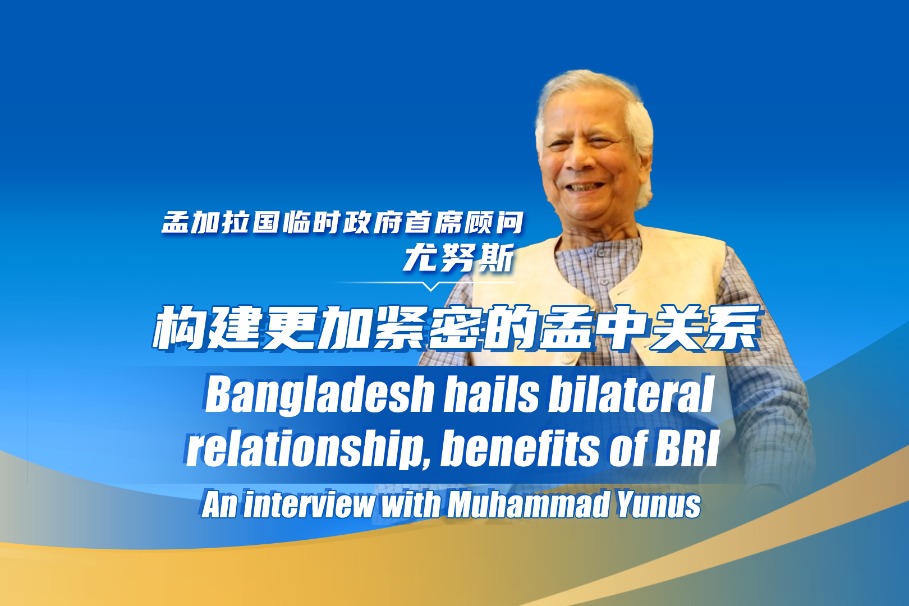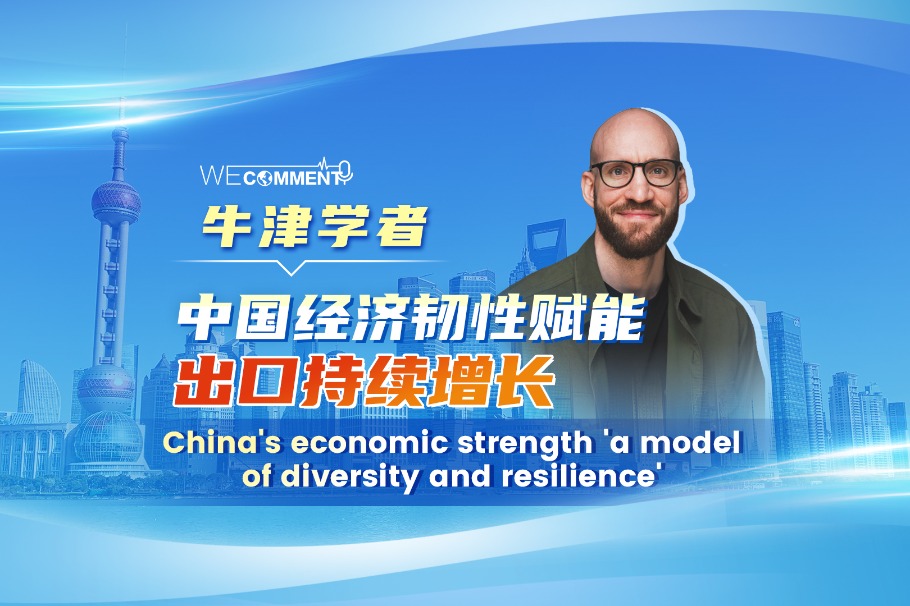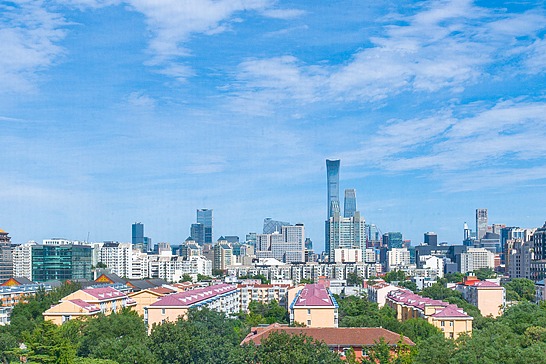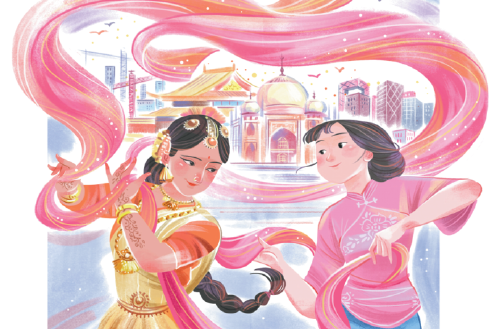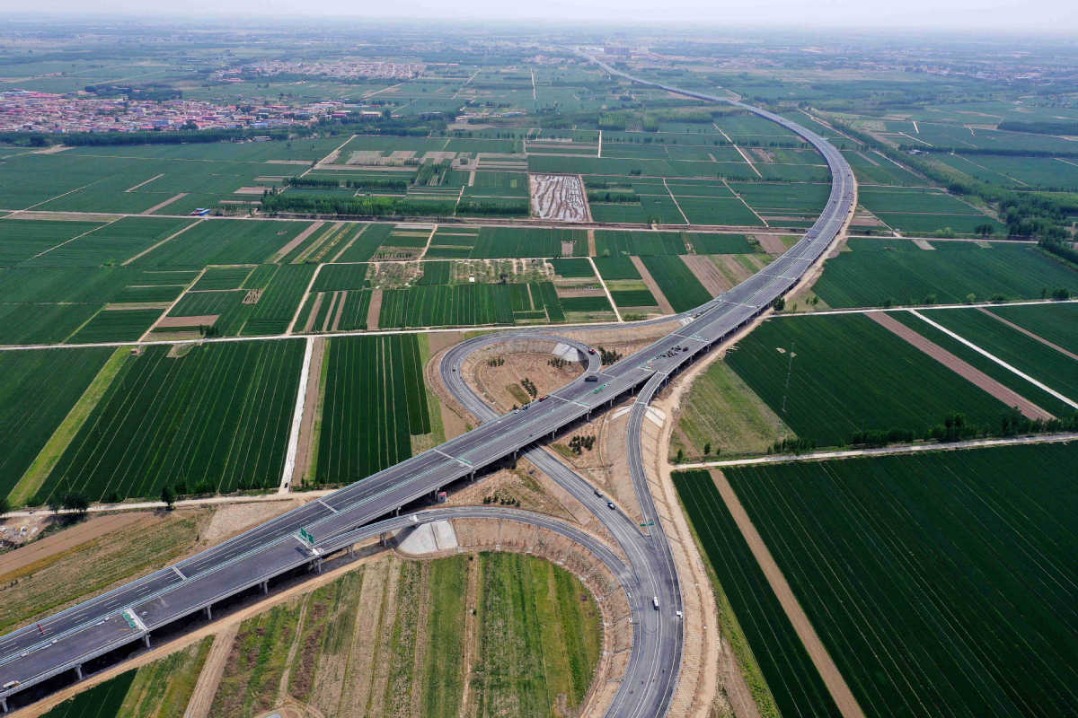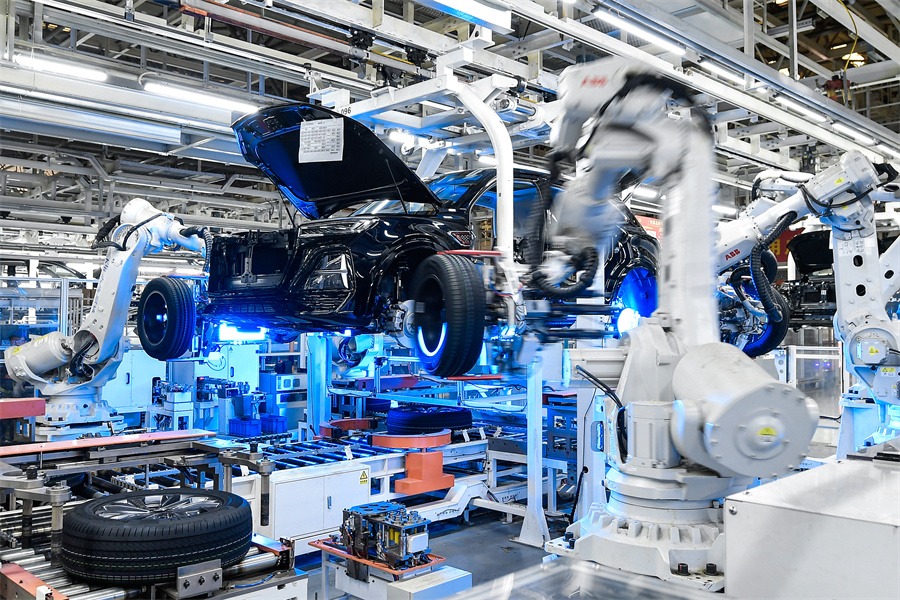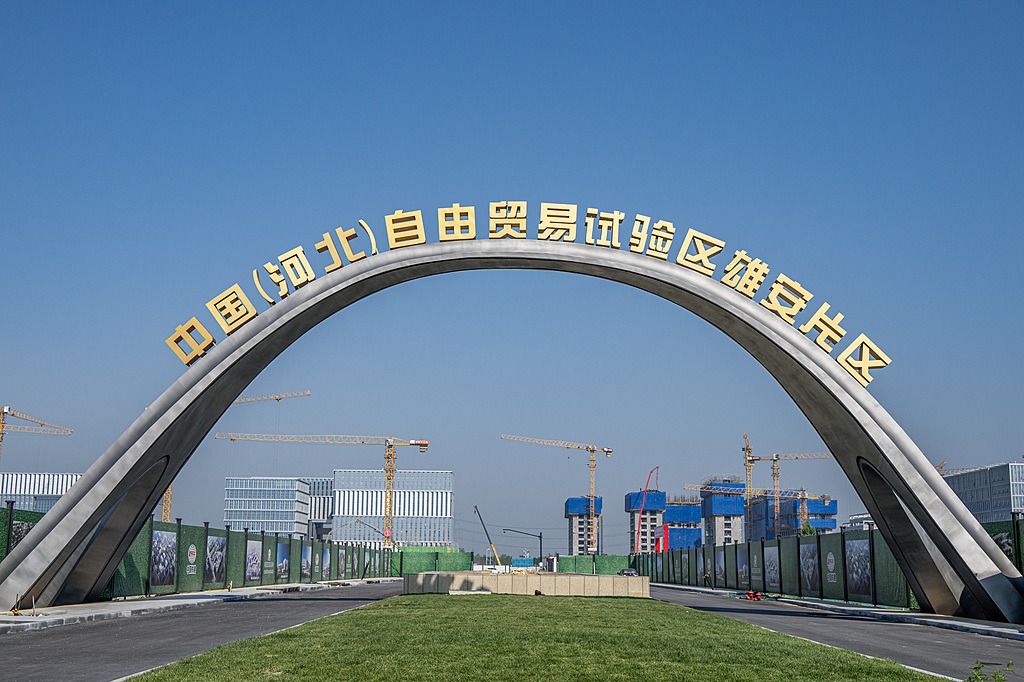India, China must foster shared prosperity


Editor's note: On the 75th anniversary of the establishment of diplomatic relations between China and India, Sudheendra Kulkarni, an aide to India's former prime minister Atal Bihari Vajpayee, shares his views on the future of Sino-Indian ties with China Daily's Liu Jianna. Excerpts follow:
Q: How should the two countries commemorate the 75th anniversary of the establishment of diplomatic ties?
A: The 75th anniversary on April 1 should be used as an opportunity to launch bold new initiatives in various sectors, including education, culture, tourism, rural development and business cooperation. The past five years have been marked by tensions; now is the time to accelerate normalization and enhance people-to-people connections.
Despite diplomatic ups and downs, the relationship between Indian and Chinese people spans several thousand years. Strengthening these ties with a common global vision through security, strategic leadership dialogue, cultural exchanges, business collaborations, and increased bilateral travel will lay a more robust foundation for future relations.
Q: Given the ongoing global geopolitical shifts, how do you see India-China relations evolving in the next decade, especially in the context of the growing influence of both countries in global affairs?
A: The world is undergoing profound changes. The dominance of the West, particularly the United States, is diminishing, paving the way for a multipolar world. The center of global affairs has shifted toward Asia, placing a significant major responsibility on India and China. As two of the ancient civilizations, and largest and fastest-growing economies, both nations must work toward improving bilateral relations, fostering cooperation and contributing to a stable and peaceful world order. I believe these Sino-Indian differences will not escalate into major conflicts, as both countries recognize the mutual benefit of a cordial relationship.
Q: What recent statements or developments indicate a positive shift in India-China ties?
A: Indian Prime Minister Narendra Modi recently made a series of warm and wise references to Sino-Indian relations, highlighting five key points:
One, he emphasized that for several thousand years, India and China have coexisted without conflicts, and our relations in future should be equally strong. Two, he advocated that differences should not turn into disputes and must be resolved through dialogue. Three, he likened India-China relations to a familial bond, reinforcing the idea that both nations are part of a larger Asian family with shared civilizational wisdom. Four, he acknowledged the setback in relations over the past five years but expressed hope that our ties will regain trust, enthusiasm and energy. Five, he stated that while competition between India and China is natural, it should be healthy and constructive, fostering economic and regional stability rather than conflict.
China has responded equally positively to these remarks. This has set the tone for a renewed approach to friendly diplomacy and cooperation between the two nations.
Q: What are the areas where India and China can find common ground?
A: The most important common ground is mutual support for development. China is the world's second-largest economy, and India is on track to become the third-largest. Given their vast populations, both countries have a shared responsibility to improve their citizens' quality of life.
The second major area of common interest is peace and security. Sustainable development can only occur in an environment of peace and trust. So India and China must collaborate to ensure bilateral and regional security, preventing tension and conflicts that could hinder economic and social progress.
Q: Could there be areas of cooperation that promote peace and safeguard security in the region?
A: I propose a fresh approach to regional security. Asia needs a robust security framework. First, India and China should eliminate security concerns between them. Once mutual security is solidified, they can take a leading role in fostering a broader Asian security initiative.
President Xi Jinping's Global Security Initiative is a wise and commendable step, but we now need an "Asian Security Initiative", spearheaded by India and China in collaboration with other regional powers to ensure that Asian security remains primarily an Asian responsibility, free from destructive external interference.
Q: How does India view China's advancements in technology and innovation?
A: Indian youth and professionals hold great admiration for China's spectacular technological breakthroughs in artificial intelligence, electric vehicles and robotics and other new quality productive forces including DeepSeek and BYD. India is also making rapid advancements in high-tech industries and services. Strengthening technological collaboration between the two nations can create a synergy that benefits both economies and contributes to inclusive global growth.
Q: What steps should be taken to improve Sino-Indian business and investment relations?
A: One critical step should be to ease travel restrictions. Last year, China issued over 200,000 visas to Indian nationals, while India granted fewer than 10,000 visas to Chinese citizens. India should immediately remove the unnecessary restrictions and welcome more Chinese tourists, and especially welcome Chinese investors and businesses in a non-discriminatory environment.
Trade imbalance is another concern. India faces a trade deficit of more than $100 billion with China. China should import more high-value goods from India.
Q: Can strategic communication between leaders strengthen bilateral ties?
A: The most urgent need is high-level strategic communication. Before 2020, Prime Minister Modi and President Xi Jinping met several times. However, the past five years have seen a gap. It is imperative that they engage in direct discussions with a forward-looking approach. By leaving behind past grievances and focusing on long-term cooperation on bilateral, regional and global matters, India and China can set an example on how major powers can coexist peacefully, prosper together and create a new and better world order.
Q: Any final thoughts on the future of India-China relations?
A: Both nations have strong leadership capable of making bold and visionary decisions, including resolution of the long-pending boundary question to mutual satisfaction. India should pledge support to "One China" policy and peaceful reunification of Taiwan without external interference and China should support India's major concerns. Hence there is a real opportunity to transform India-China relations for the better. This opportunity must not be missed. The world is watching, and it is time for India and China to step up as responsible global leaders, and foster a future based on equality, mutual respect, shared prosperity and Asian security.
The views don't necessarily represent those of China Daily.

















